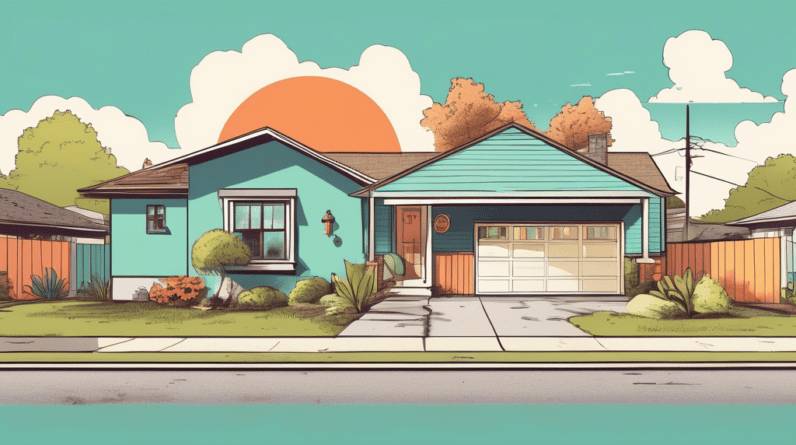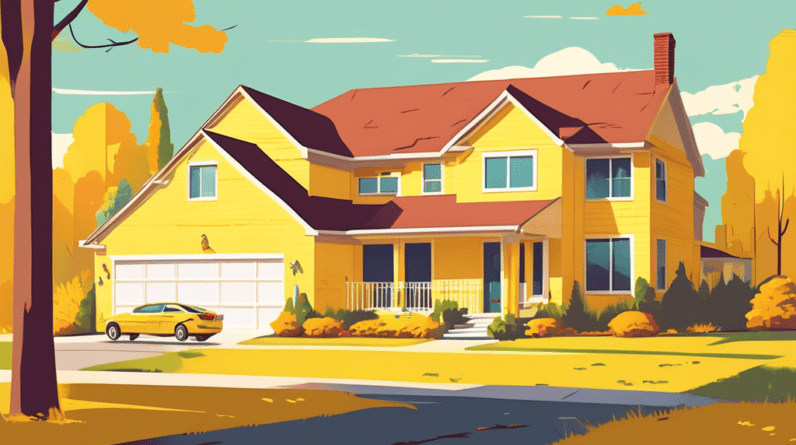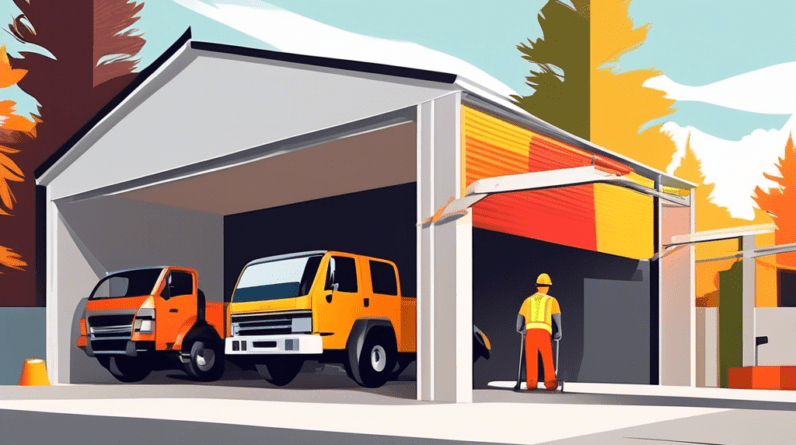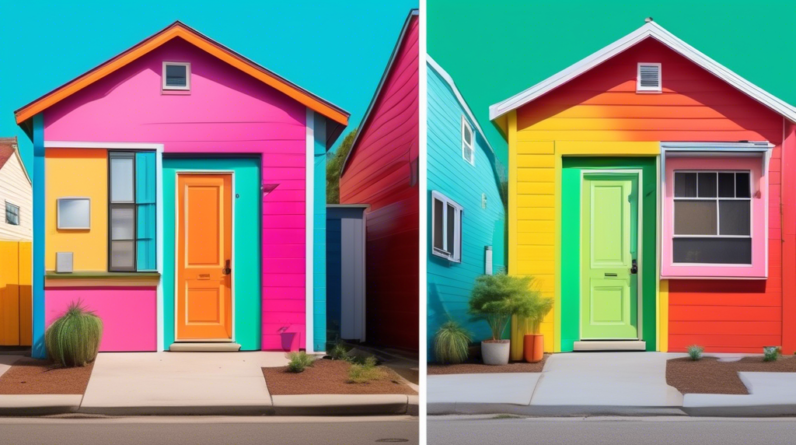
Kissimmee’s Garage Conversion Debate Rages On
Homeowners, Residents, and City Officials Wrestle with Pros and Cons of Conversions
Kissimmee, Florida – The debate over garage conversions continues to divide residents and city officials in Kissimmee. While some homeowners view these conversions as a practical solution to the city’s housing challenges, others express concerns about the potential downsides, igniting a complex discussion about urban development, neighborhood character, and property rights.
Understanding the Appeal of Garage Conversions
The allure of garage conversions is undeniable, particularly in a housing market grappling with affordability and availability issues. For homeowners, converting their garages into living spaces offers several benefits:
- Increased Living Space: Garage conversions offer a cost-effective way to expand living space without the expense and upheaval of a full-scale addition. This is particularly attractive to growing families or those seeking dedicated spaces for home offices or gyms.
- Enhanced Property Value: In many cases, a well-executed garage conversion can boost a property’s market value, making it an attractive investment for homeowners.
- Rental Income Potential: Converted garages can be transformed into independent dwelling units, providing homeowners with an opportunity to generate rental income and contribute to the availability of affordable housing options.
Concerns Voiced by Opponents of Garage Conversions
While the advantages seem clear, the growing trend of garage conversions has also sparked concerns among some residents and city officials. Opponents highlight a range of potential downsides:
- Strain on Parking and Traffic: A primary concern is the potential for increased parking congestion, particularly in established neighborhoods where on-street parking is already limited. This can lead to disputes among neighbors and safety hazards.
- Impact on Neighborhood Aesthetics: Critics argue that haphazard or poorly executed conversions can detract from the overall visual appeal of a neighborhood, potentially impacting property values and community pride.
- Overcrowding and Infrastructure Burden: An influx of converted garages, especially if not properly regulated, can place a strain on existing infrastructure, including sewer systems, water lines, and garbage collection services.
Kissimmee Grapples with Finding the Right Balance
Recognizing the need to address both the benefits and concerns surrounding garage conversions, the City of Kissimmee is actively engaged in finding a balanced approach. This involves:
Zoning Regulations and Permitting:
The city has implemented zoning regulations and permitting processes to control where and how garage conversions can be undertaken. These regulations typically address issues such as:
- Location Restrictions: Limiting conversions in areas with existing parking or traffic challenges.
- Design Standards: Ensuring conversions meet specific aesthetic guidelines to maintain neighborhood character.
- Parking Requirements: Mandating the provision of adequate off-street parking to offset the loss of garage space.
- Building Codes and Inspections: Enforcing strict building codes and inspections to guarantee the safety and habitability of converted spaces.
Community Engagement and Input:
City officials are actively seeking input from residents through town hall meetings, surveys, and online platforms. This allows homeowners, neighborhood associations, and other stakeholders to voice their opinions and contribute to shaping future policies on garage conversions.
Exploring Alternative Solutions:
Beyond regulating garage conversions, the city is also exploring alternative solutions to address housing affordability and availability. This includes:
- Incentivizing Accessory Dwelling Units (ADUs): Promoting the construction of ADUs as a more regulated and potentially less disruptive way to increase density and housing options.
- Encouraging Mixed-Use Development: Supporting projects that combine residential and commercial spaces, creating more housing options in walkable, amenity-rich environments.
- Investing in Affordable Housing Initiatives: Allocating resources to develop or preserve affordable housing units, ensuring a range of housing options for residents of all income levels.
Navigating the Future of Garage Conversions in Kissimmee
The debate over garage conversions in Kissimmee reflects a broader national conversation about how cities can adapt to changing housing needs while preserving the character and livability of existing neighborhoods. Finding the right balance requires a nuanced approach that takes into account the perspectives of all stakeholders.
As Kissimmee moves forward, it will be crucial for city officials to continue to engage with residents, adapt regulations as needed, and explore innovative solutions that address the root causes of housing challenges. By fostering open dialogue and collaboration, Kissimmee can create a future where both homeowners and the community as a whole can thrive.






